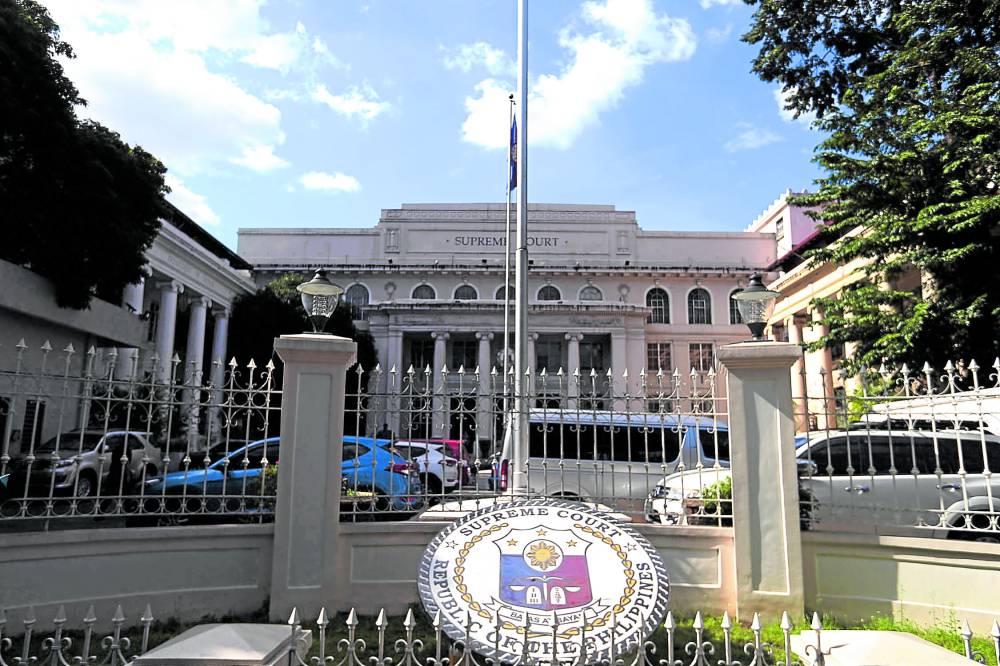SC: Special power of attorney void if executor dies

The Supreme Court reaffirmed in a May ruling made public on Wednesday the general rule that a special power of attorney (SPA) automatically terminates upon an executor’s death, except in narrow legal exceptions.
The ruling, authored by Associate Justice Henri Paul Inting, arose from a foreclosure dispute (G.R. No. 260071) where San Miguel Foods Inc. (SMFI) filed for possession of a property that respondent Jessica Alova Uberas used as collateral for a loan to buy poultry products.
According to records of the case, the trial court and the Court of Appeals found that Uberas secured in 1998 an SPA from her father, Meliton Alova, over a parcel of land registered in his name, and co-owned with his wife, Felicidad. Alova died in the same year.
Five years later, Uberas applied for and was granted a credit line agreement in 2003 with SMFI via a real estate mortgage secured using her father’s SPA.
“At the time when Jessica executed the real estate mortgage over the subject property, she was well aware of her father’s death,” the Supreme Court said in its ruling.
Used as collateral
Using the credit line, Uberas bought poultry products from SMFI amounting to P495,194.80 which she failed to pay for. In 2005, Felicidad and her other daughter, Decelyn, brought the matter to court after receiving a notice of the property’s extrajudicial sale. They asked that the real estate mortgage and extrajudicial foreclosure sale be declared null for having been executed using a revoked SPA.
In 2017, the trial court declared that the mortgage was null and void as far as Uberas’ share of the property was concerned because the SPA was deemed terminated upon her father’s death. But it declared the mortgage valid as far as Felicidad’s share of the property was concerned since she was a co-owner of the conjugal property.
In 2019, the Court of Appeals overturned the trial court’s ruling and granted the appeal of Felicidad and Decelyn, saying the mortgage was void from the start, being based on an SPA that terminated upon Alova’s death.
When the case reached the Supreme Court, it concurred that Alova’s death terminated the SPA. But it said “the real estate mortgage and foreclosure sale were not entirely void” because Uberas was already co-owner of the property in 2003, when she executed the real estate mortgage, five years after Alova died.
“Consequently, the mortgage and the foreclosure sale in favor of SMFI are valid, but only to the extent of Jessica’s share in the property,” it added. Felicidad, the high tribunal ruled, cannot be bound under the SPA, as she merely gave her “marital conformity.”
The Supreme Court then remanded the case to the trial court to determine Uberas’ share of the property. It also deleted the awards of moral damages, exemplary damages and attorney’s fees for lack of basis.

















